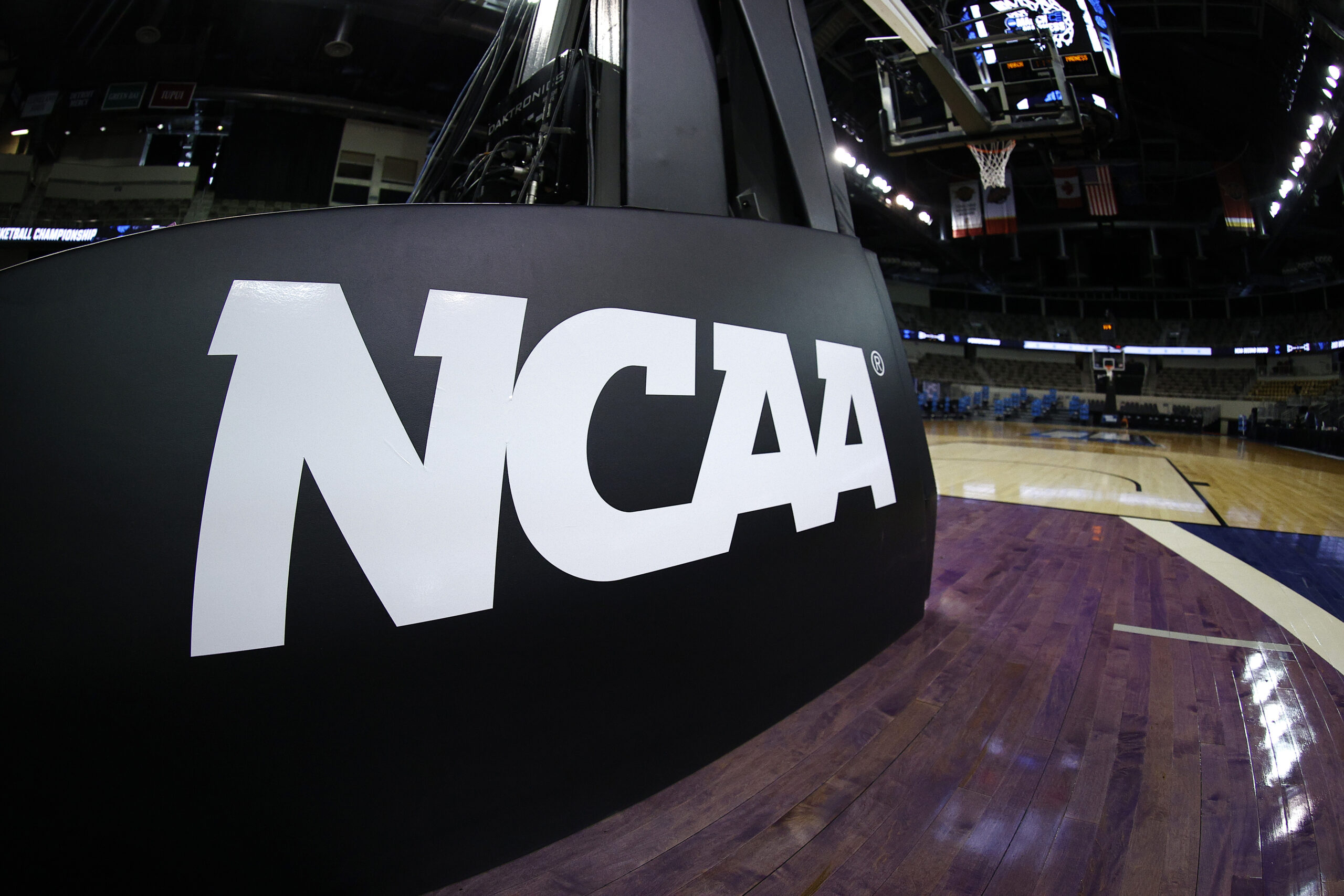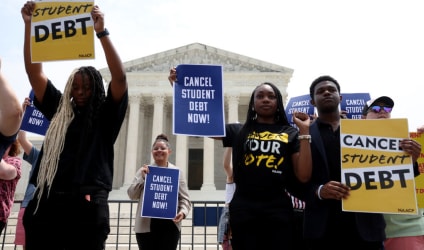Supreme Court Decision Allows Payments to Student-Athletes
Writer
Writer
www.bestcolleges.com is an advertising-supported site. Featured or trusted partner programs and all school search, finder, or match results are for schools that compensate us. This compensation does not influence our school rankings, resource guides, or other editorially-independent information published on this site.
Turn Your Dreams Into Reality
Take our quiz and we'll do the homework for you! Compare your school matches and apply to your top choice today.
- A unanimous decision allows colleges to offer "education-related" payments.
- Athletes in Division I basketball and FBS football stand to benefit.
- The ruling is another step toward student-athletes being paid outright.
In a unanimous decision on June 21, the Supreme Court ruled the National Collegiate Athletic Association (NCAA) cannot bar universities from making education-related payments to student-athletes. The Court affirmed a ruling by the United States Court of Appeals for the Ninth Circuit and a similar district court decision from 2019, both of which held such actions in violation of the Sherman Antitrust Act.
The case, NCAA vs. Alston et al, involves student-athletes from Division I men's and women's basketball and the Football Bowl Subdivision, encompassing college football's marquis programs.
While the Court's decision doesn't necessarily permit colleges to pay athletes salaries, it does allow them to compensate students for "education-related benefits" including paid internships, study abroad programs, tutoring computers, equipment and graduate scholarships.
Attorneys for the NCAA argued that such rules should be determined by the NCAA's members and that added benefits were "akin to professional salaries." They also suggested a ruling in favor of athletes could blur the line between amateur and professional sports and reduce market demand for the collegiate product.
The Court rejected both arguments. "The NCAA's business model would be flatly illegal in almost any other industry in America," wrote Justice Brett M. Kavanaugh in a concurring opinion. "All of the restaurants in a region cannot come together to cut cooks' wages on the theory that 'customers prefer' to eat food from low-paid cooks."
Another Step Toward Paying Student-Athletes
This ruling continues the steady erosion of the NCAA's longstanding ban on paying student-athletes. Over the past two years, 19 states have passed laws rebuking the organization's rules. As of July 1, student-athletes in Alabama, Arizona, Florida, Georgia, Mississippi, and New Mexico will be able to profit from their name, image, and likeness. And Congress is debating another half-dozen bills aimed at further NCAA reforms.
"Today's Supreme Court ruling highlights just how much the tide is turning against the NCAA and its unfair treatment of college athletes," said Sen. Chris Murphy of Connecticut. "The status quo on 'amateurism' is finally changing, and the NCAA no longer has carte blanche to control athletes' livelihoods and monopolize the market. This is the kind of justice, and basic rights, college athletes deserve."
Jeffrey Kessler, the lead plaintiff's attorney, agreed.
"It's tremendous to win this 9-0," he told ESPN. "Hopefully, it will be the major next step on the road to a true fair competitive system for these athletes."
Feature Image: Rudy Sulgan / Getty Images





